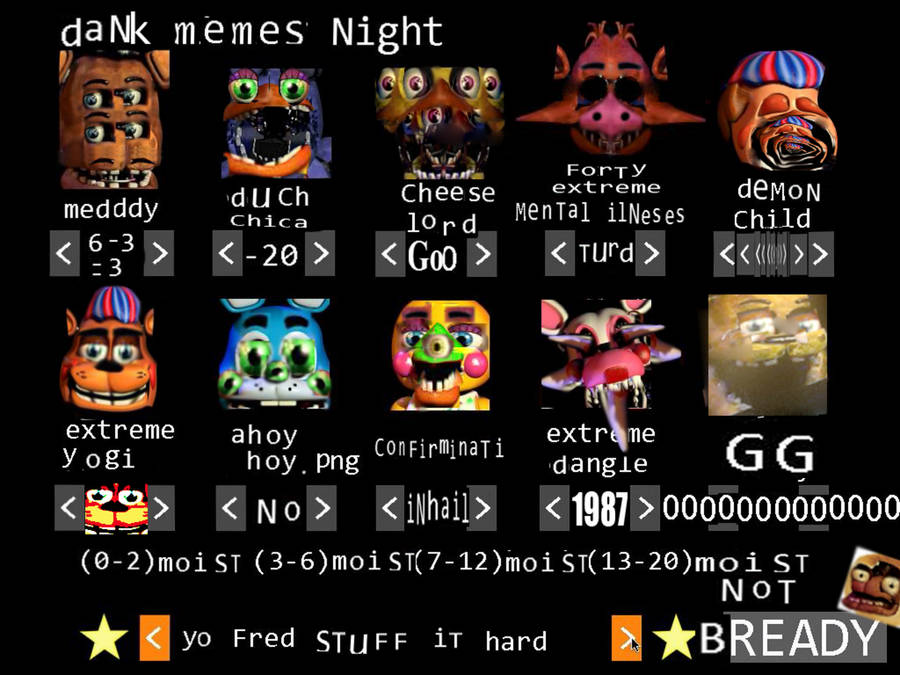Suzanne Greenfield from the DC Office of Human Rights and Andrew Barnett (Executive Director of member org SMYAL and Anti-Bullying Taskforce member) joined DCAYA yesterday morning at our Community Convening to discuss the work to date of the District’s Anti-Bullying Task Force including some key provisions of the District's Youth Bullying Prevention Model Policy which will take effect this Fall.
Suzanne explained that the model policy somewhat deviates from the approach taken by other jurisdictions for two main reasons. First off many other jurisdictions focus on zero tolerance bullying policies that simple punish individuals who engage in bullying as a means of eliminating the problem. This approach however really only addresses bullying once it has already occurred and does not affect the root of the issue. Suzanne explained that this is problematic for several reasons, but highlighted that many young people report that they have both been a bully and been bullied. When communities attempt to address this issue with a purely punitive approach they do not take into account that bullying whether its physical, verbal, or electronically based, it is part of a larger cycle of conflict.
The purely punitive route also fails to provide individuals who engage in bullying with alternatives to the bullying behavior. For instance if a young person verbally abuses another young person and as a result gets suspended from a school or program the bully can recognize that getting caught for that behavior got them in trouble, but they may not realize that they really need to functionally change their behavior. To invoke some Rhett Butler they would be like “the thief who isn't the least bit sorry he stole, but is terribly, terribly sorry he's going to jail.”
The other big difference between DC’s model anti-bullying policy and the policies other jurisdictions have implemented is that it is aimed not just at school-based bullying but at citywide bullying prevention. The policy presented to the Mayor earlier this year aims to eliminate bullying in public libraries, parks, recreation centers, community based organizations and various other public spaces. This is incredibly important because while young people do spend a good amount of their time at school they also occupy their time with all kinds of activities and programs where bullying can also occur. While the city is not in a position to prevent bullying everywhere it occurs, it can do its due diligence in ensuring that at least the agencies and programs that are operated or funded with District funds have an eye towards prevention.
It’s for this reason that every government agency or community based organization that receives city funds will be required to formulate and implement their own bullying prevention policy by September 14 of 2013. This is obviously a very important tenant of the city’s anti-bullying work, but can also be a bit daunting for CBO’s, which is where DCAYA comes in. Check out our checklist below to make sure your organization or an organization you care about is in compliance:
1) Read Through the Anti-Bullying Model Policy! This document is lengthy, but is packed with useful resources about preventing bullying and how to manage bullying situations when they occur.
2) Talk to other CBOs or government agencies. As we noted earlier ALL CBOs and government agencies funded by the city are required to go through this process so if you have questions or concerns others do to. Andrew Barnett from SMYAL and a number of other DCAYA members that were at yesterday’s meeting offered up some great ideas and recommendations around implementing a good policy for your organization. If you’re currently involved in any of the DCAYA committees you have connections to other organizations built in, utilize them!
3) Get into contact with the DC Office on Human Rights. If you are currently receiving city funds you have probably already received an email from them regarding the requirement for an organizational policy regarding bullying, but if you haven’t, getting into contact with OHR sooner rather than later is a good plan.
4) Go back to the Model Policy, there are samples to work off of in the document’s appendices.
If after going through all these steps you are still at a loss, feel free to contact DCAYA and we are happy to help connect you with other resources!

Anne Abbott is the policy analyst at DCAYA. She swears, if the Anti-Bullying Policy was in place when she was a kid, she wouldn't have turned out like this guy <.
To read more about youth issues in DC you can FOLLOW us on Twitter, LIKE us on Facebook and VISIT us at www.dc-aya.org.


